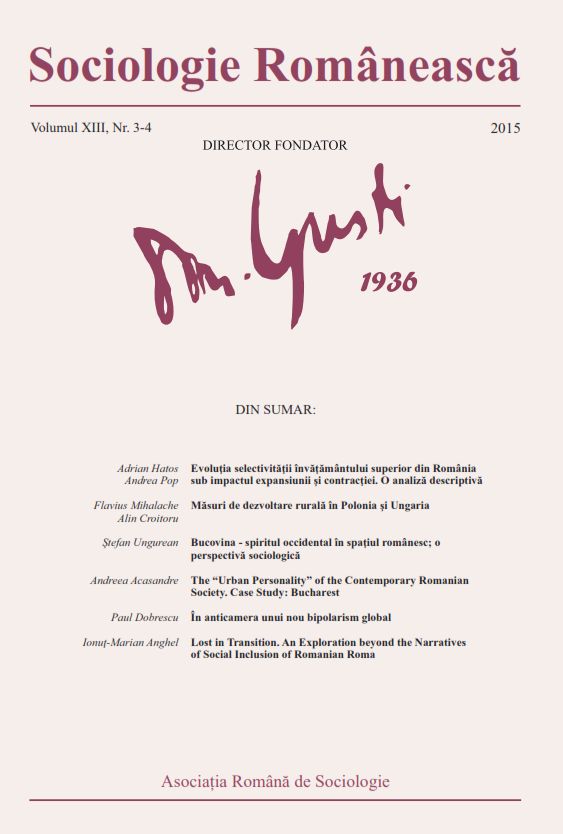Whistleblowing Practices Benchmarking for Top-ranking Public and Private Employers
Whistleblowing Practices Benchmarking for Top-ranking Public and Private Employers
Author(s): Oana-Mara Stan Subject(s): Social Sciences
Published by: Editura Eikon
Keywords: Whistleblowing; integrity; compliance; corporate governance; benchmarking; accountability
Summary/Abstract: The study concerns the legitimization and institutionalization of an emerging field of preoccupation – that of whistleblowing or integrity denouncement in Romania. The research design relies on a comparative best practice approach achieved through a parallel online analysis between 20 ministries as central administration entities, nine of the most profitable state-owned enterprises (SOEs) and a sample of private corporations tagged as premium employers in graduate surveys. Provisions on whistleblowing are included in the code of business ethics of corporations and due diligence governance policy of public-sector organizations. The conceptual model of comparative investigation relies on a benchmarking framework applied to official corporate websites and analyzes the following categories: coverage (types of misconduct), accessibility (internal and external communication means), addressability (targeted stakeholders), core principles, technical specifications and explanations on process stages. Organizational procedures on whistleblowing strive to be comprehensive enough to cover a fragmented, heterogeneous and highly atomized area of illegal, unethical, or offensive behavior. Findings suggest informal collective mechanisms involved in ethics should be integrated across any and all administrative procedures to enhance legitimacy and applicability of the latter. Moreover, the emerging concept of ethical crowdsourcing can play an important role as insider’s civil alarm that serves the purpose of prevention and early detection of misconduct across the three categories of investigated organizations. The article discusses solutions to upgrade such procedures aiming to maximize transparency and civic participation, involving counselling, training, mediation and arbitration techniques, dedicated ombudsperson, hybrid outsourcing strategies, through the lens of theoretical connections to agency and accountability.
Journal: Sociologie Românească
- Issue Year: 14/2016
- Issue No: 02+03
- Page Range: 93-106
- Page Count: 14
- Language: English

